QuestionRon...
What is the best GH/KH for African Cichlids? And I read some where that you should add for every 5 gallons of water, add 1-tablespoon Epsom salts (i.e., magnesium sulfate) used to harden the water in lieu of calcium, 1-teaspoon baking soda to raise pH, and 1-teaspoon aquarium salt to provide trace elements and potassium?
Any input?
Thanks in advance...
AnswerHi Jason,
To be honest, I don't know. Part of the reason is because it varies alot depending on which lake/river you are talking about, and the other reason is that in my opinion it just doesn't matter that much. In my lab, we breed all sorts of African cichlids without paying any attention to the water parameters. As a rough guide, West Africans prefer more acidic water and East Africans (Lake Malawi, Lake Tanganyika) prefer more basic (pH around 8-8.5). But, Lake Victorian cichlids don't seem to care at all.
I think much of the discussion about hardness is there simply because people can measure it, not because it matters that much to the fish.
But, the one important thing is not to change it around all the time. The fish will adapt to the water given time and a chance but if someone keeps fiddling with it by adding all sorts of chemicals, that is highly stressful.
I haven't been to East Africa, but I can tell you from my many years of experience in the New World that the pH for instance is highly variable in rivers and lakes depending on where you are, how much it has or is raining, etc. Lake Malawi and Lake Tanganyika are by virtue of their large size, much more buffered to change.
If I were going to add salt to the water (which I don't) I would add prepared Lake Malawi mix. One has to be very careful with adding a bit of this and a bit of that because what we think acts as a substitute may not be what is
biologically relevant for the fish. The one thing that I do for my Malawi fish is to use gravel that contains a fair bit of calcium to help buffer the water.
To give you one final example of this. Fifty years of aquarium writers have talked about what the temperature should be for fish such as a typical Central American cichlid. They get these values by measuring the temperature during the day in rivers in Mexico etc. If you put a data logger in the river (which I have done for many years now) and record the temperature around the clock, you will see that the "normal" temperature of say 76 degrees only exists at one part of the day. At night that river falls to 70 or 72 degrees (every night!).
-- Ron
rcoleman@cichlidresearch.com
Cichlid Research Home Page <http://cichlidresearch.com>

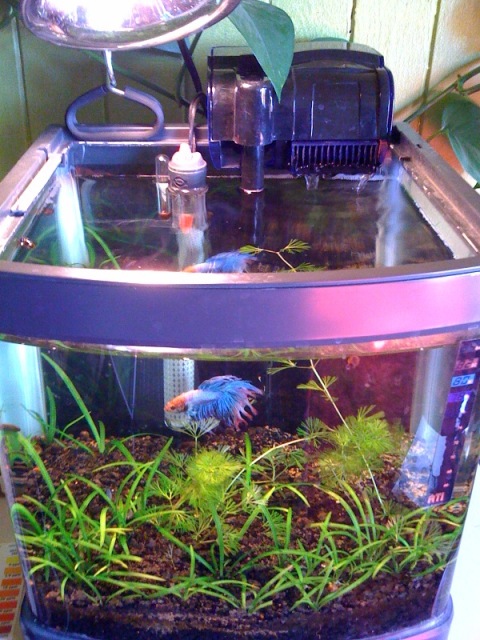 sick betta and water quality
Question
aquarium set-up
Hello! Thank u so much for you
sick betta and water quality
Question
aquarium set-up
Hello! Thank u so much for you
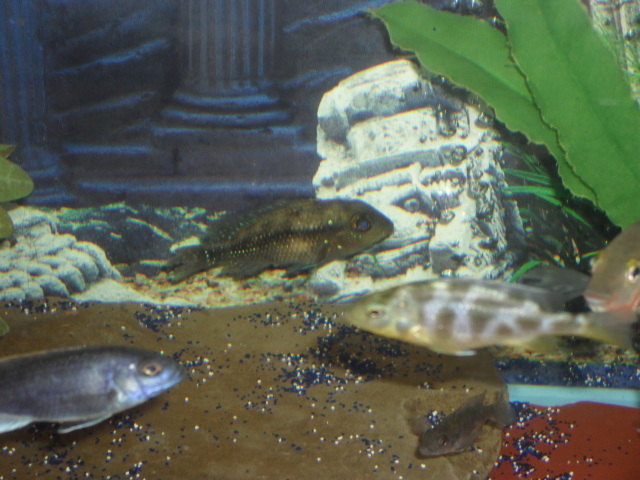 cichlid ca/sa
Question
ca/sa african cichlid
was wondering if you cou
cichlid ca/sa
Question
ca/sa african cichlid
was wondering if you cou
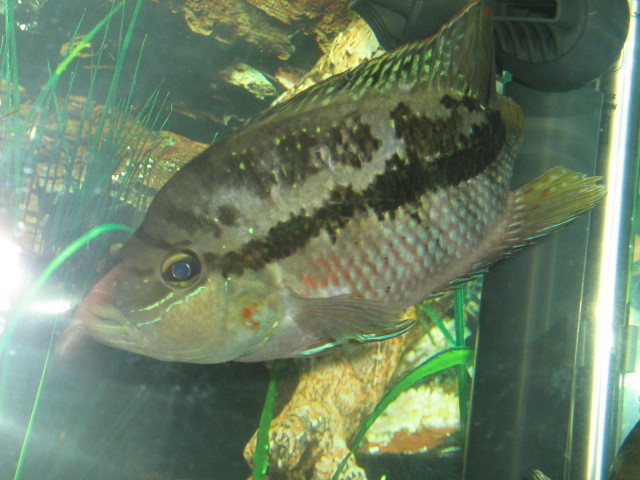 cichlasoma salvini
Question
My cichlid
Hello Ron. Sorry to sound foolish,
cichlasoma salvini
Question
My cichlid
Hello Ron. Sorry to sound foolish,
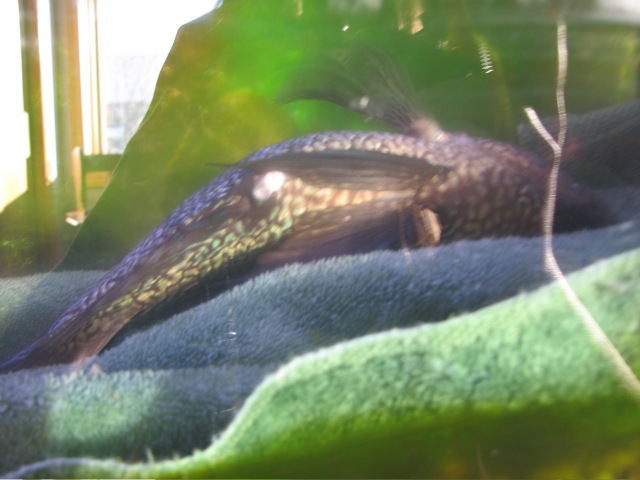 Please help my fish!!
QuestionSapphire
QUESTION: Well my fish is a cro
Please help my fish!!
QuestionSapphire
QUESTION: Well my fish is a cro
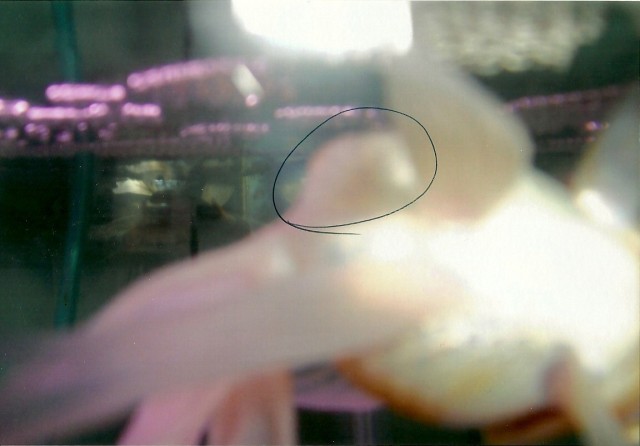 ryukin
QuestionQUESTION: I have a ryukin goldfish that has bee
ryukin
QuestionQUESTION: I have a ryukin goldfish that has bee